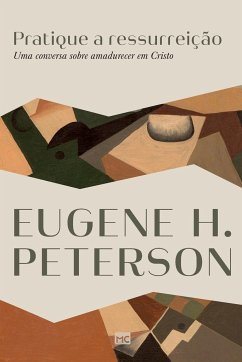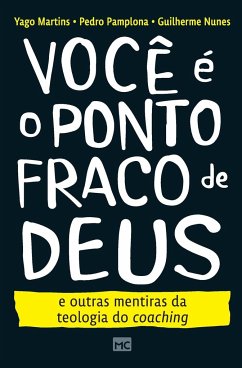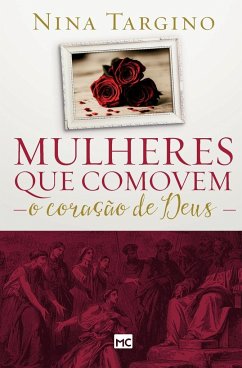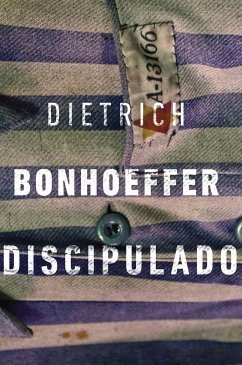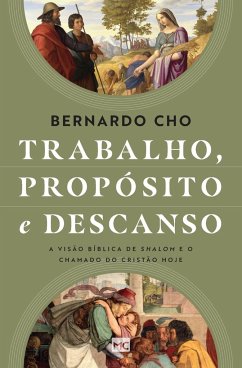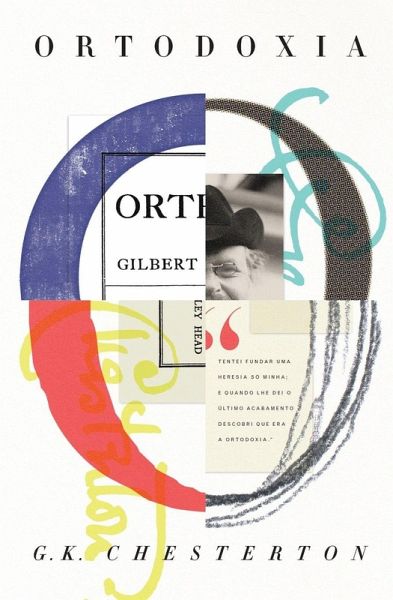
Ortodoxia

PAYBACK Punkte
9 °P sammeln!
Numa época em que a Europa dava os primeiros passos para tornar-se uma sociedade pós-cristã, um intelectual de grosso calibre, cansado do cinismo reinante e do fascínio despertado por novas ideias, resgata o núcleo da fé cristã como arcabouço suficiente para dar sentido à existência humana. ¿Em Ortodoxia, G. K. Chesterton (1874-1936) faz saber à intelligentsia europeia da primeira metade do século 20 que o socialismo, o relativismo, o materialismo e o ceticismo estavam longe de responder às questões existenciais mais profundas. E, quando questionado sobre as aparentes contradiç...
Numa época em que a Europa dava os primeiros passos para tornar-se uma sociedade pós-cristã, um intelectual de grosso calibre, cansado do cinismo reinante e do fascínio despertado por novas ideias, resgata o núcleo da fé cristã como arcabouço suficiente para dar sentido à existência humana. ¿Em Ortodoxia, G. K. Chesterton (1874-1936) faz saber à intelligentsia europeia da primeira metade do século 20 que o socialismo, o relativismo, o materialismo e o ceticismo estavam longe de responder às questões existenciais mais profundas. E, quando questionado sobre as aparentes contradições da fé cristã, Chesterton era um mestre em valer-se do paradoxo para apresentar a simplicidade do senso comum.






